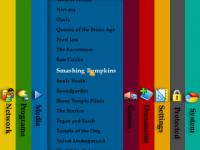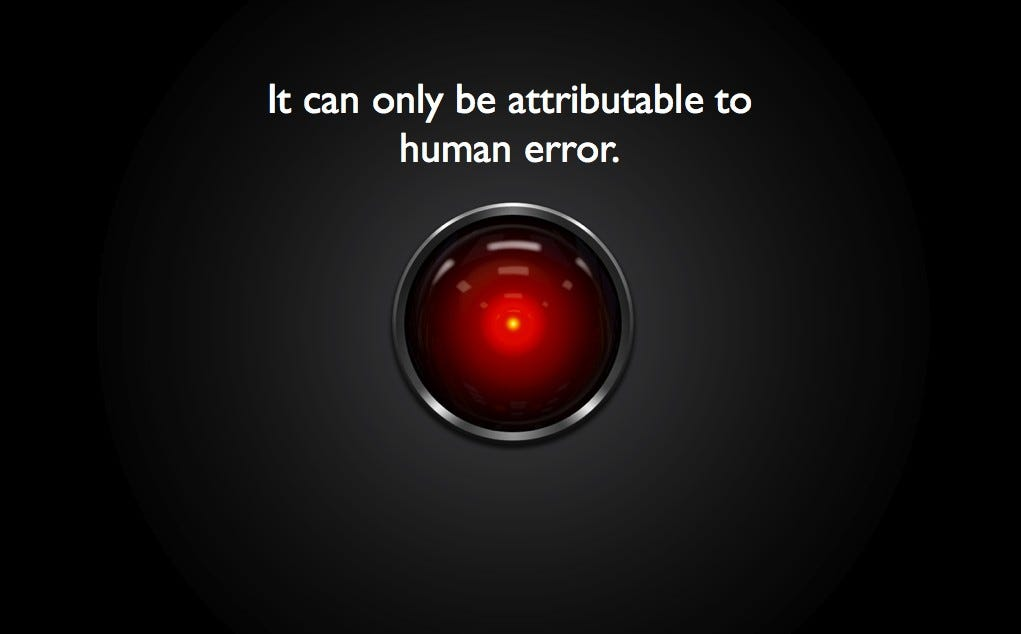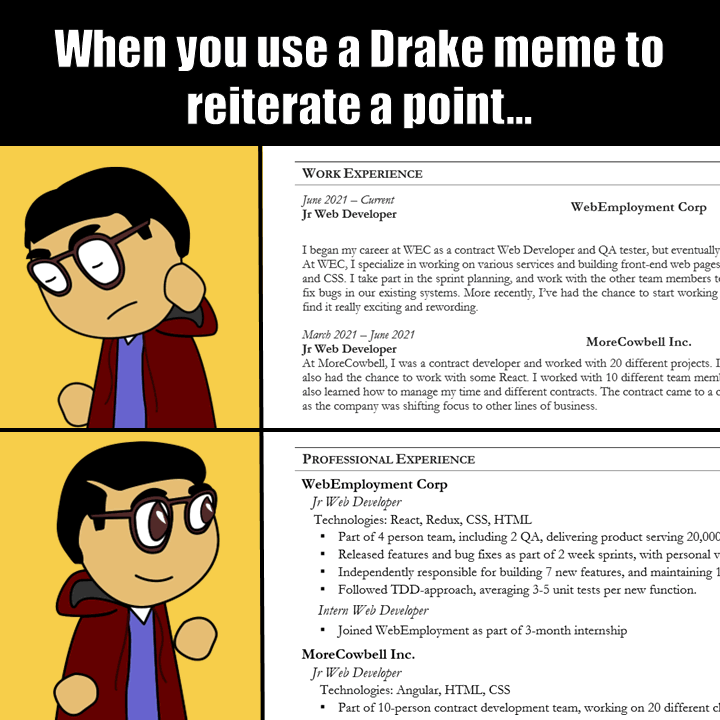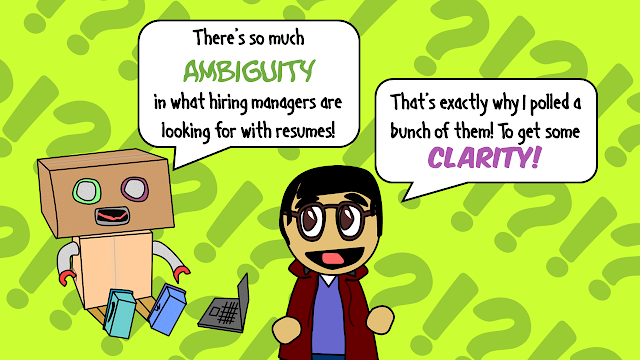Product Endorsements from Beyond the Grave

A friend of mine, knowing the Beatles fan that I am, sent me a link to a YouTube video. It was a commercial (as you'll see below) for OLPC - One Laptop Per Child, a company which is trying to bring computers and the internet to lesser fortunate children who live in 3rd world countries. It's certainly a noble idea - giving the children the chance at something they otherwise would not have had. I first read about OLPC in 2004, and thought it was a brilliant idea - though, over the years they hit a few road blocks that held back the project. But even so, it prompted other companies - larger, more established companies - to produce their own sub-notebooks that could be made available to children in 3rd world countries. Yet, the OLPC commercial disappointed me for a number of reasons. For one, it used a person who is dead - and has been dead for 28 years now. John Lennon never endorsed the OLPC, as it came years and years after his death - and yet, in the following commercial you he...











